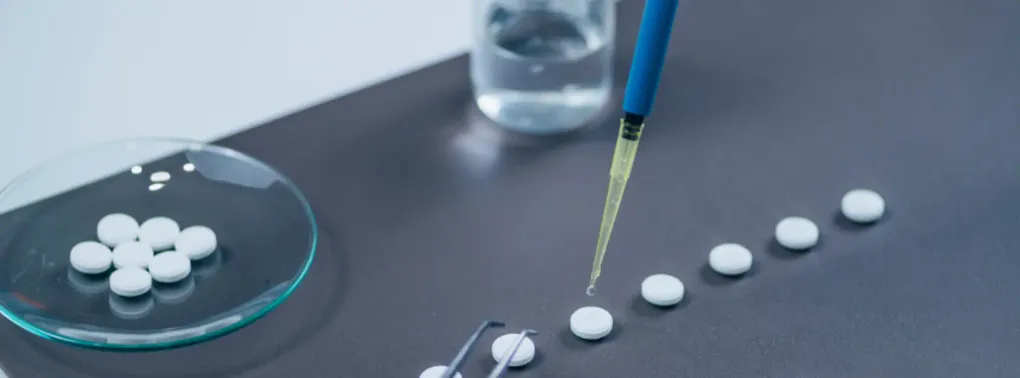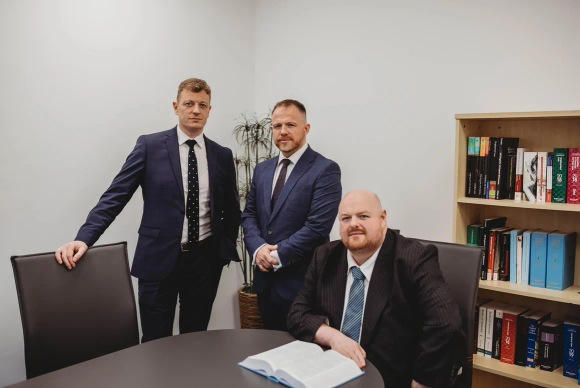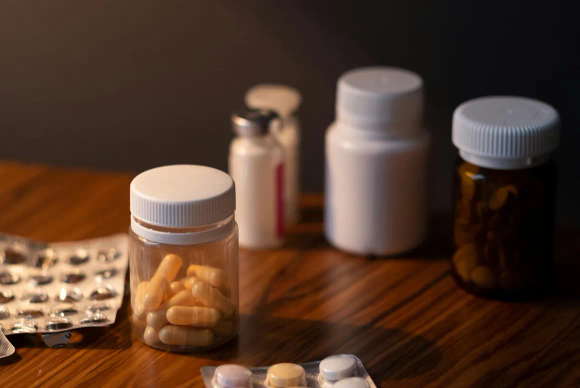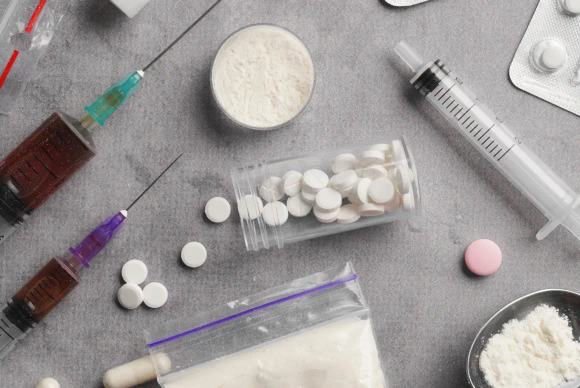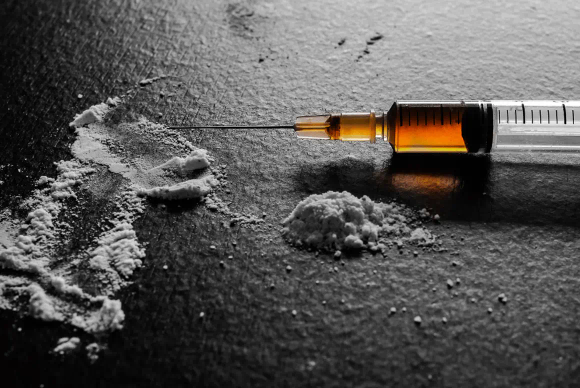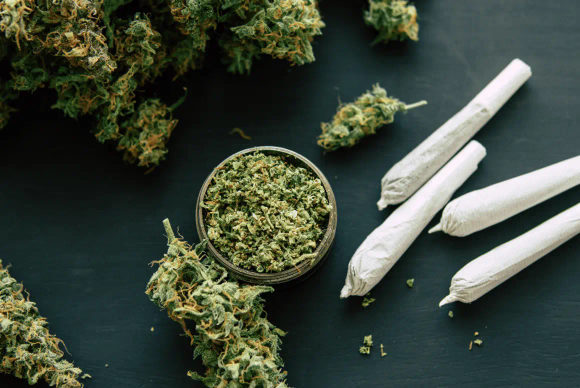What Is the Offence of Production of a Controlled Drug?
Production of a controlled drug is a serious criminal offence under UK law. It involves participating in the process of producing illegal substances, which can include manufacturing, cultivating, or converting drugs like cannabis, cocaine, or ecstasy. These substances fall under different classifications, with Class A drugs—such as heroin and cocaine—carrying the harshest penalties, and Class B drugs—like cannabis—still leading to severe consequences.
Being charged with the production of a controlled drug doesn’t require physically handling the substances. You can still face prosecution if you provide support, such as supplying equipment, allowing the use of premises, or even indirectly assisting in the production. For example, operating machinery used to cultivate cannabis or converting raw materials into a finished drug could result in charges.
Key Elements of the Offence
To secure a conviction for production of a controlled drug, the prosecution must prove three key elements:
- Production: They must show that the controlled drug was actually produced.
- Involvement: You had some identifiable role in the production, such as providing premises or equipment.
- Knowledge: You knew that a controlled drug was being produced.
It’s important to remember that even minimal involvement can lead to prosecution. The consequences of a conviction are severe, ranging from long prison sentences to heavy fines, depending on the class of drug and the scale of production.
Why You Need Legal Representation
Given the seriousness of these charges, having expert legal representation is crucial. The consequences of a conviction can be life-changing, including long prison sentences and significant fines. That’s why it’s critical to have experienced legal representation.
Our solicitors specialise in defending clients against drug-related offences. Our team has extensive experience navigating the complexities of the law and will work to protect your rights and build a strong defence.
Whether you are facing charges for Class A or Class B drug production, our solicitors are here to help you through every step of the legal process. We will ensure the best possible outcome for your case. Contact MMA Law for expert advice today.
